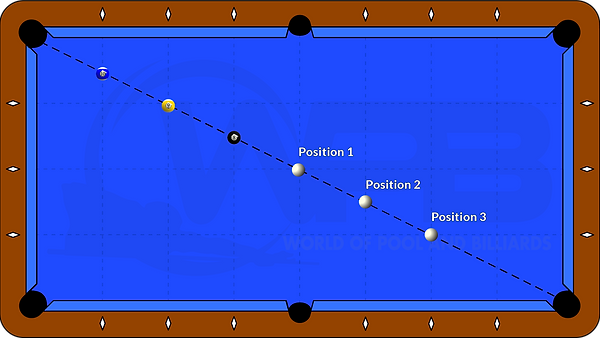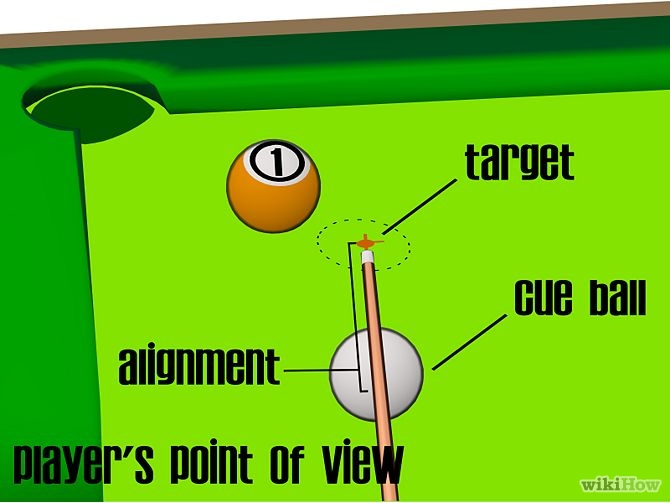
One of most popular sports worldwide is pool. It can be played on a number of different sized tables. It requires high skill, however. There are many types of pool. The most popular are the eight-ball and continuous pools. These games require a high level skill and can also be played in a singles, doubles, or team sport.
The object of the game is to get all designated balls. This includes cue balls, eight-balls and other object ball. Each player is given one of two pockets at the foot of the table. They continue until they foul, miss, or both. If a foul is committed, the player must put the ball back on and take a new shot. A number of fouls could occur such as hitting the cueball into an item ball, breaking, hitting it into a ball, making an illegal break or performing a jump.
The World Standardized Rules is the official pool rules. They are used at many international tournaments as well as in the Billiard Council of America. If there is a foul, the ball must be put back on. The ball pocketed by an opponent counts as one point.

The goal of eight-ball is to win the black eight ball. Depending on the variant of the game, other balls will be numbered from 1 to 9. The player who takes a ball from his pocket wins the game.
A normal foul will result in a minus point. A foul that involves the ball being pocketed will result in a minus point. After the player takes his next shot, he can choose to restore the position that he was in prior to the foul. Alternativly, he might decide to keep his ball and give the opponent a point if he places the ball in his own pocket.
The ball in hand foul is another type of foul. This happens when the ball is touched by a player without his or her foot touching the floor. A player must announce the ball that was pocketed before taking a shot. Afterward, the ball that was pocketed in the course of the foul must be as close to the foot spot as possible.
A player who commits more than two fouls at once must be warned before taking their next shot. A third foul is considered a foul and will result the inability to play. For example, if the player breaks in the first inning, he or she will be given a minus score of -10.

Non-player interference is another type of foul. A foul is one that is not considered to be player interference. Non-player interference is not considered if the ball gets pocketed in the course, or as a foul.